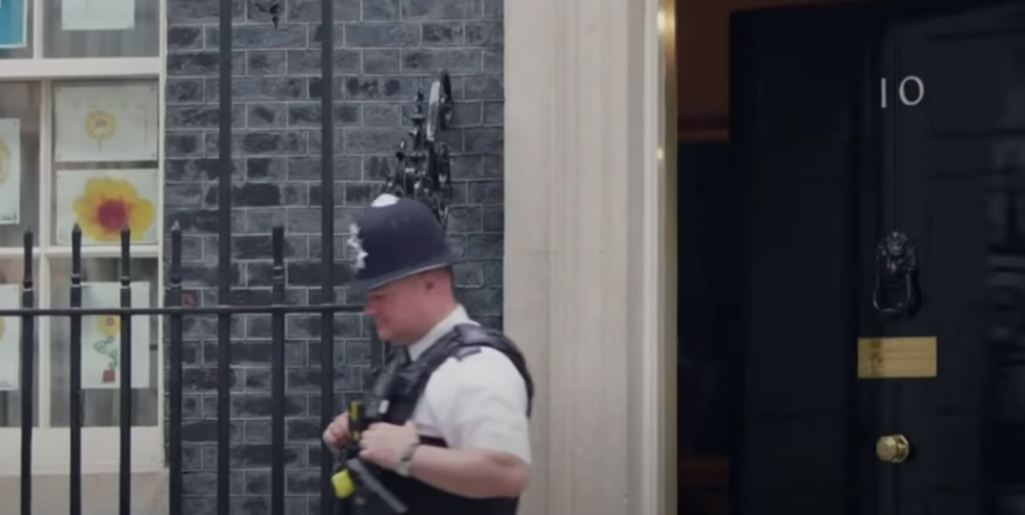Muddying the Waters on BoJo’s £130k legal bill

The advice has been published. You can read it here. Quite why it has been published on a government website when it is advice to the Prime Minister (instructing Peters & Peters, a reputable firm well-known to lawyers practising in the field of fraud and other financial shenanigans) is unclear.
The advice is long and learned, with many references to Erskine May and others. But it is curious because it is based on one fundamentally flawed understanding and one (possibly unintentional) revealing one. The first is best set out in this analysis by Professor Mark Elliott, an eminent constitutional lawyer. In summary, it is that Boris’s lawyers are seeking to treat the Privileges and Standards Committee and its work as if it were a non-Parliamentary public body and saying that it is not complying with the rules applicable to such bodies. But that is precisely the point of the Committee: it is not a normal public authority but a Parliamentary one and entitled to set its own rules as to what it can look into and how. As Professor Elliott puts it, the legal advice is the equivalent of criticising a rugby team for not following the rules of football.
The second assumption is a more revealing one. The advice implicitly – and rather oddly – seems to assume that the Committee will find Boris to have misled Parliament. (The Committe’s Terms of Reference are here. They refer to whether he “misled the House“. “Misled” please note – unadorned by adverbs.) It then seeks to work backwards from that determination to find a way of stopping the Committee from asking the questions which would lead to that conclusion. Of course, as the advice points out, the Committee cannot be stopped (at least not by lawyers) from doing its job. So the purpose of commissioning this advice is to try and throw up a load of chaff in the air, to distract from the Committee’s findings in advance, to make the more credulous of Boris’s supporters believe that he is being unjustly pursued and prejudged, much as Boris tried to do with Owen Paterson. It strongly suggests that Boris knows that he has no factual answer to the question of whether he misled Parliament, though he may have arguments for whether he did so “knowingly“. (This is the “I’m too stupid to be a liar” defence, generally to be used only when all else fails.)
Its other purpose is as a pretty unsubtle attempt to bully the Tories on the committee (and perhaps some of the more weak-minded Labour ones) by pretending that this is not about Boris at all but about all Ministers, poor things (with the implicit threat that all those who are hoping to be Ministers one day might welcome not having to tell the truth to Parliament and held to account if they don’t). Will it work? Who knows? Much will depend on whether the likely next PM, a woman who, in her own words, does not need an ethics advisor because she knows the difference between right and wrong, decides to accommodate her predecessor’s final – and monstrously selfish – act as PM, one which shows him to be a disgrace to his office and the country to the very last.
Meanwhile let’s enjoy the multiple – and to us lawyers – delicious ironies in Boris asking expensive criminal lawyers (who will not be paid Legal Aid rates for this work but £129,700 funded by us taxpayers) to use the principles of judicial review (ones his government has sought to limit and deny to others) to stop him facing scrutiny by Parliament over his failure to comply with laws his government brought in with no scrutiny and with which he failed to comply. Not to mention his demand that lawyers should now be allowed to interfere in how a Parliamentary Committee conducts itself, a demand which if made over anything other than the PM’s personal position would have his supporters, including that legal colossus (in his own mind at least) Dominic Raab, howling with rage at the impertinence and unwarranted interference.
As Disraeli once said: “A Conservative government is an organised hypocrisy.” Nice of Boris to conserve that tradition at least.